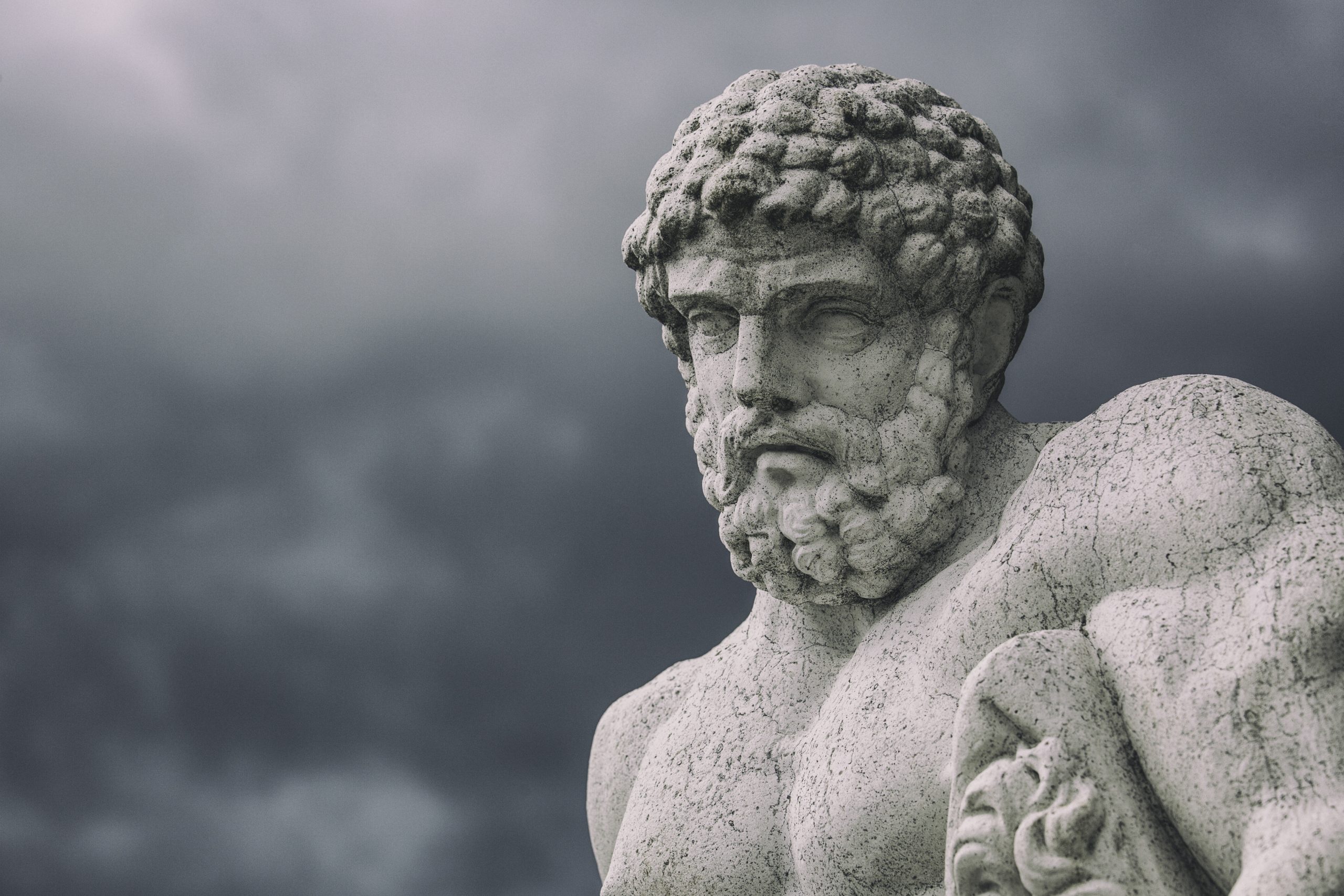I have heard this festival described as an "Ancient Greek Thanksgiving" so I thought I would look it up. Very interesting! I don't see the "Thanksgiving" connection (not the way we in the US think of it) but I thought it was interesting because it goes to show you that gratitude-related festivals are an ancient concept. And it is a harvest festival, just like our US Thanksgiving is...
Some information I have gathered:
The Thesmorphia festival was celebrated on the 11th of Pyanepsion, which corresponds to late October or early November in the modern Gregorian calendar. The festival was a three-day affair, and it was observed mainly by women. During the festival, women were not allowed to sleep with their husbands, and purification rituals were performed at the temples of Demeter and Persephone. On the first day, the first fruits of the harvest were offered to Demeter, and a feast was held in her honor. On the second day, a procession was held, and women walked around the fields carrying torches, symbolizing the power of Demeter. The third day was a joyous celebration, and the remnants of the feast were donated to the poor.
The Thesmorphia festival was significant for many reasons. Firstly, it celebrated the end of the harvesting season, and it was a time to give thanks for a good crop. The festival was also a time for women to come together, and it was an opportunity for them to assert their power and influence in the society. Women played a significant role in the festival, and they were responsible for the preparation of the feast and various other aspects of the festival.
The festival was also significant in terms of its religious and mythological significance. Demeter was the goddess of agriculture, and Persephone was her young daughter, who was kidnapped by Hades, the god of the underworld. The story of Persephone reflects the cycle of life, death, and resurrection. The festival of Thesmorphia was an opportunity to honor these two goddesses and their mythology, which highlighted the importance of the harvest and the cycle of life.
Another reason why the Thesmorphia festival was significant was that it was a time for the community to come together and celebrate. The feast was an opportunity to share food, drink, and stories and build camaraderie amongst members of the community. During the festival, people forgot their differences and came together to celebrate the bounty of the harvest.



